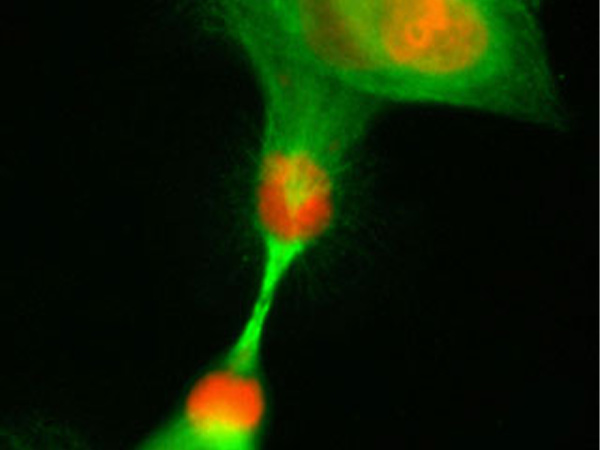A New Treatment Option for Advanced Lung Cancer
The U.S. Food and Drug Administration approval is intended for patients who have not previously been treated for advanced disease

The U.S. Food and Drug Administration (FDA) recently added another therapeutic to the armamentarium for oncologists treating certain patients with lung cancer: necitumumab (Portrazza).
Necitumumab was approved for use in combination with the chemotherapeutic agents gemcitabine and cisplatin; this treatment combination is intended for patients with advanced squamous non-small cell lung cancer (NSCLC) who have not previously received medication to treat their advanced disease.
Adding necitumumab to gemcitabine and cisplatin was shown to extend overall survival for patients in a randomized phase III clinical trial.
Squamous NSCLC accounts for about 25 to 30 percent of lung cancer cases in the United States. The majority of these cancers have high levels of the protein EGFR on their surface, which suggested to researchers that blocking EGFR with the EGFR-targeted therapeutic necitumumab might be a rational candidate for treating squamous NSCLC.
The SQUIRE randomized phase III clinical trial was designed to test this idea by investigating whether adding necitumumab to gemcitabine and cisplatin would improve outcomes for patients with advanced squamous NSCLC. According to the results that provided the basis for the FDA approval of necitumumab, which The Lancet Oncology published recently, the answer was yes.
Among patients who received necitumumab, gemcitabine, and cisplatin, the median overall survival was 11.5 months, compared with the 9.9 months among those who received only gemcitabine and cisplatin.
The FDA approval of necitumumab was the sixth decision about investigational lung cancer therapeutics to be made in 2015.
Given that the therapeutics approved exert their anticancer effects in a range of ways, from unleashing the power of a patient’s own immune system to fight their lung cancer ? as nivolumab (Opdivo) and pembrolizumab (Keytruda) do ? to targeting specific molecular defects driving cancer ? as gefitinib (Iressa) and osimertinib (Tagrisso) do – it is clear cancer researchers are making progress against the leading cause of cancer-related death in the United States. However, with a five-year relative survival rates of less than 20 percent, according to the National Cancer Institute, we look forward to hearing about further progress in the future.
The FDA approval was rendered on Nov. 24, 2015.
